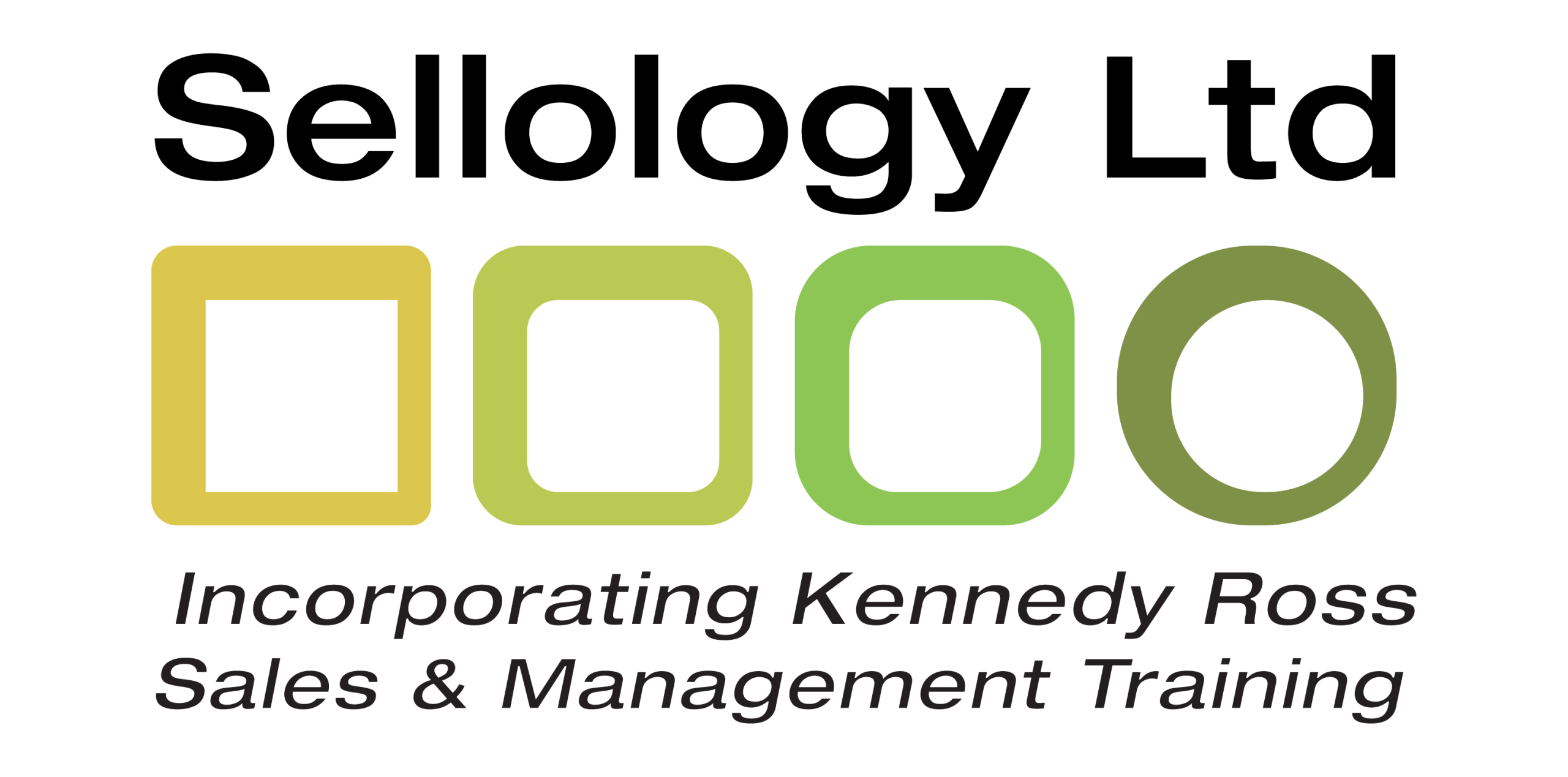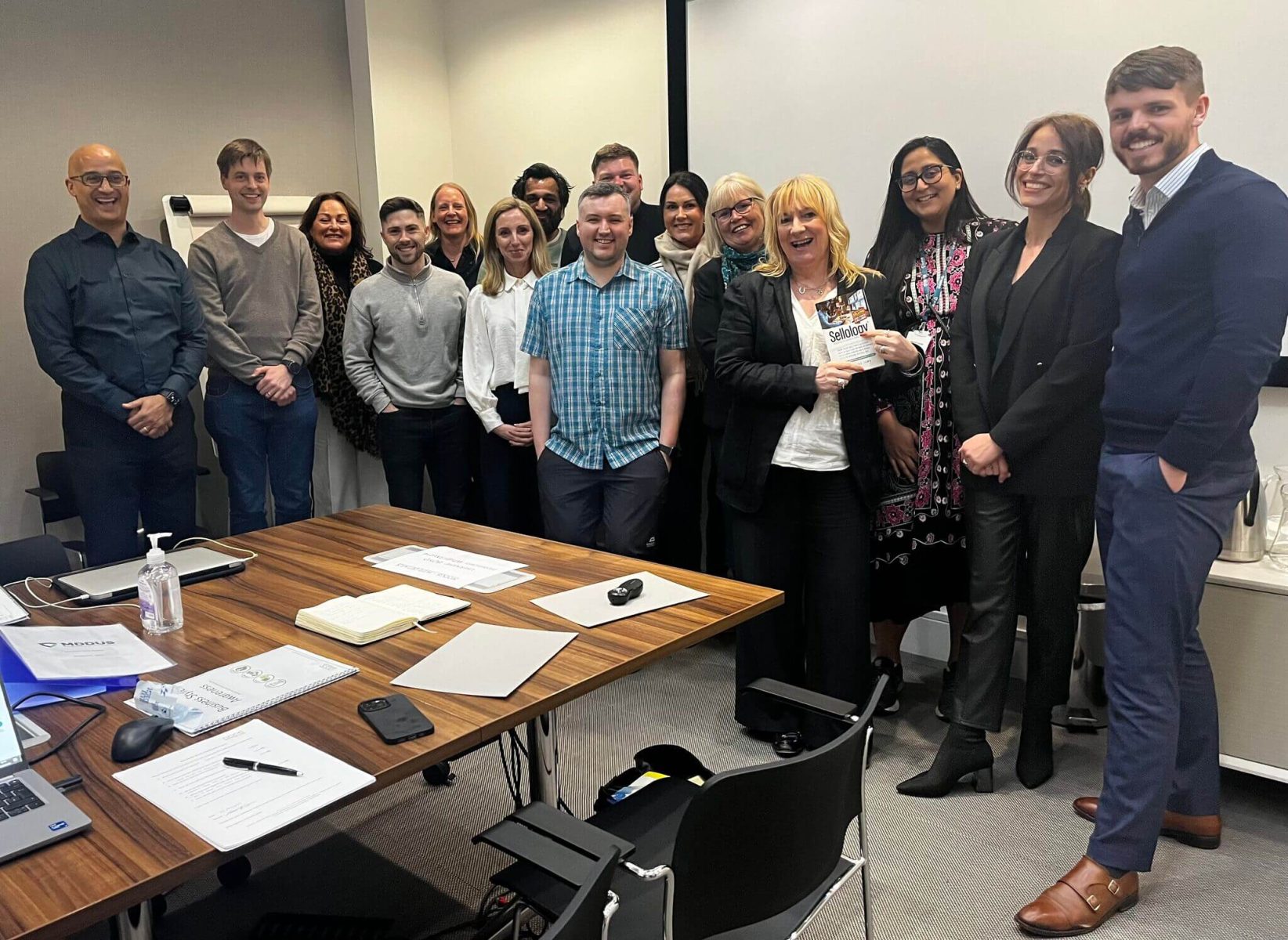
How the Best B2B Sales Training Can Transform Your Career
26th August 2024
Sales performance improvement through goal setting and metrics
18th October 2024Hi and welcome to this month’s blog, where I want to share why emotional intelligence is, in my experience, the secret weapon top salespeople use to maximise performance.
Sales isn’t only about numbers or the sharpest pitch. Behind every deal is a conversation, and behind every conversation are emotions — both yours and the client’s. Learning to read and manage those emotions is what separates average sellers from the best.
What Emotional Intelligence Looks Like in Sales
Emotional intelligence (EI) has five main elements: self-awareness, self-regulation, motivation, empathy, and social skills.
-
Self-awareness means knowing your own triggers.
-
Self-regulation is staying calm when the pressure rises.
-
Motivation gives you resilience.
-
Empathy is what lets you see the world the way your client does.
-
Social skills help the conversation flow in a way that feels real, not scripted.
That mix builds trust and allows you to adapt when things shift. In today’s market, where every competitor is fighting for attention, those qualities aren’t optional — they’re what keep you ahead.
The Connection Between Emotional Intelligence and Sales Success
Study after study points to the same conclusion: salespeople with higher EI tend to outperform. They don’t just close more deals; they also leave customers more satisfied and hold on to relationships for longer.
The reason isn’t complicated — they’re tuned in. They notice the small things that others miss and use that awareness to build stronger connections.
That’s why at Kennedy Ross we often describe emotional intelligence as the foundation of sales success.
The Five Components in Practice
Here’s how the five areas of EI play out day to day:
-
Self-awareness – spotting when nerves make you rush and consciously slowing down.
-
Self-regulation – staying professional with a difficult client instead of snapping.
-
Motivation – keeping energy high even after a tough week.
-
Empathy – understanding that a client’s “no” is really a “not yet.”
-
Social skills – turning small talk into rapport that lasts beyond the meeting.
These aren’t abstract ideas. They’re practical skills that show up in every sales conversation.
Building Stronger Client Relationships
Clients know when they’re being sold to, and they know when they’re being listened to. Emotional awareness lets you do the latter.
The best salespeople go beyond the script. They pay attention to tone, pauses, and body language. They make the client feel understood. And when clients feel understood, loyalty follows.
Empathy Builds Trust
Empathy is the beating heart of emotional intelligence. Clients want to feel their concerns are taken seriously. When you acknowledge those concerns instead of brushing them aside, trust grows.
Top performers don’t see objections as battles. They see them as opportunities to connect. That shift in mindset changes the whole dynamic.
Active Listening: The Unsung Hero
Active listening often gets talked about but rarely done. True active listening means giving the client your full attention — repeating back what you’ve heard, asking open questions, showing them you’ve really understood.
It builds clarity. It builds confidence. And it opens the door to deeper, more productive conversations.
Reading Non-Verbal Cues
Words only tell part of the story. Crossed arms, nods, hesitations — all of these speak volumes.
Salespeople who can read non-verbal cues adjust on the spot. They notice defensiveness and change approach. They spot enthusiasm and double down. That’s why in Kennedy Ross Sales & Management Training we emphasise these subtle skills.
Staying Composed Under Pressure
Sales is rarely calm. There are targets to hit, objections to deal with, and plenty of rejection along the way. Without control, it’s easy to get rattled.
That’s where emotional intelligence comes in. Simple things — taking a moment before responding, shifting perspective, or even just breathing — can steady the ship. Clients naturally trust a salesperson who stays composed, while nerves only create doubt.
Handling Objections with EI
Objections will always show up. The key is how you handle them.
Salespeople with emotional intelligence don’t jump to defend themselves — they pause, listen, and try to understand what’s really behind the concern. That response often does more than fix the issue. It reassures the client, builds trust, and turns a difficult moment into a stronger relationship.
Creating a Positive Emotional Climate
Deals don’t close in cold, tense environments. They close when the atmosphere is positive and respectful.
Salespeople can create that environment with gratitude, encouragement, and by sharing relevant success stories. Clients who feel comfortable are more likely to say “yes.”
Retention and Loyalty
The benefits of EI don’t stop at closing. They show up in retention. Clients who feel connected to a salesperson stay longer, buy more, and refer others.
That’s why EI isn’t just about one deal. It’s about building the kind of long-term relationships that fuel real business growth. And it’s why Kennedy Ross put so much emphasis on it in training.
Training for Emotional Intelligence
EI can be developed. With the right workshops, coaching, and practice, salespeople can sharpen self-awareness and empathy.
We use real scenarios (not staged role-plays) because that’s what sticks. Reps learn how to adapt in situations that mirror real challenges. Over time, this training builds confidence that feels authentic.
The Future of Sales
Technology will keep changing the tools we use. But emotional intelligence? That will remain a constant. In fact, the more automation creeps in, the more valuable the human element becomes.
Clients don’t just want efficiency. They want connection. EI provides it.
Conclusion
Emotional intelligence isn’t a “soft skill.” It’s a sales weapon. It lets you connect, reassure, persuade, and keep clients long after the deal is done.
At Kennedy Ross, we’ve seen EI change conversations and results. When salespeople build these skills, they don’t just sell better. They build careers and relationships that last. Contact Us and learn how Kennedy Ross can help you enhance your sales strategy.
Thanks for reading this month’s blog. If you have any further thoughts, feedback or considerations you can e-mail me directly at ali.jama@kennedyross.co.uk.
Thanks for reading.
Cheers Ali




